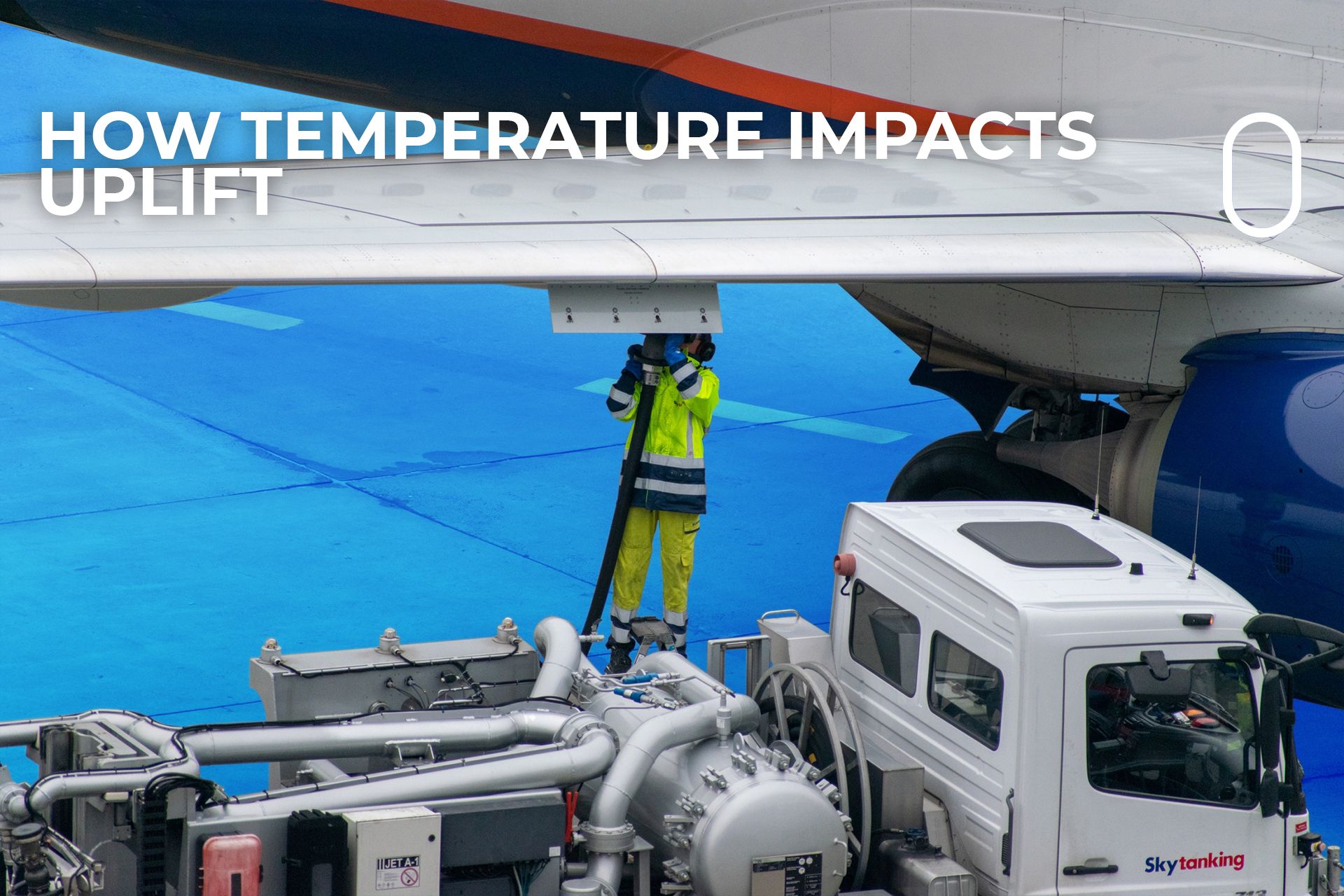In recent news, Iran’s airline industry faces a conundrum that has escalated into a pressing crisis: the denial of fuel to its airliners. Imagine being ready for takeoff, only to find that the very lifeblood of aviation—fuel—is suddenly out of reach. What does this mean for the passengers, the operators, and the future of air travel in Iran?
Understanding the implications of this situation requires delving into the intricate relationship between global geopolitics and the aviation sector. Under the weight of incessant sanctions and diplomatic isolation, Iran’s aviation market has become increasingly fragile. As fuel supplies dwindle, airline operators are left grappling with the stark reality of grounding flights and losing revenue. The cascading effects threaten not only passenger travel but also the broader economy, reliant on air connectivity for trade and tourism.
The heart of the challenge lies in the complex web of international relations. Major fuel suppliers, fearing repercussions from adherence to sanctions, have curtailed their dealings with Iranian airlines. As a consequence, aircraft that once soared across skies now remain idle on the tarmac, a haunting reflection of an industry in stagnation. Furthermore, this predicament raises an unsettling question: how long can Iran’s aviation sector sustain itself amid such adversities?
In a bid to circumvent these challenges, Iran has turned its attention to domestic production. However, reliance on local resources often introduces its own impediments. The capacity to produce aviation fuel consistently may not match international standards or demand. Moreover, the technological innovations that fuel production entails require substantial investment and expertise, which may be lacking amid economic strife.
As airlines grapple with the abandonment of international routes, the question looms larger: how do they navigate this turbulent atmosphere while maintaining passenger confidence? Affected individuals find themselves at the mercy of an unpredictable horizon, with flight cancellations and price hikes compounding their travel woes. The steely determination of the airline workforce is commendable, yet it may struggle to compensate for the ideological and operational hurdles imposed on them.
Ultimately, the implications of fuel denial reverberate far beyond the confines of airport terminals. These developments underscore a critical juncture for Iran’s airlines—the intersection of aviation and diplomacy. Addressing this multifaceted challenge will require innovative solutions, collaborative dialogue, and perhaps a reimagined approach to international engagement.
As we contemplate this reality, one cannot help but ponder—what are the long-term repercussions for a nation where air travel becomes a distant luxury, rather than a right? The evolving landscape of Iran’s airline sector serves as a stark reminder of the interconnectedness of global systems and the pressing need for dialogue in resolving these complex challenges.
